The JPIC Commitment of the Religious of the Sacred Heart - Marie-Paule Préat
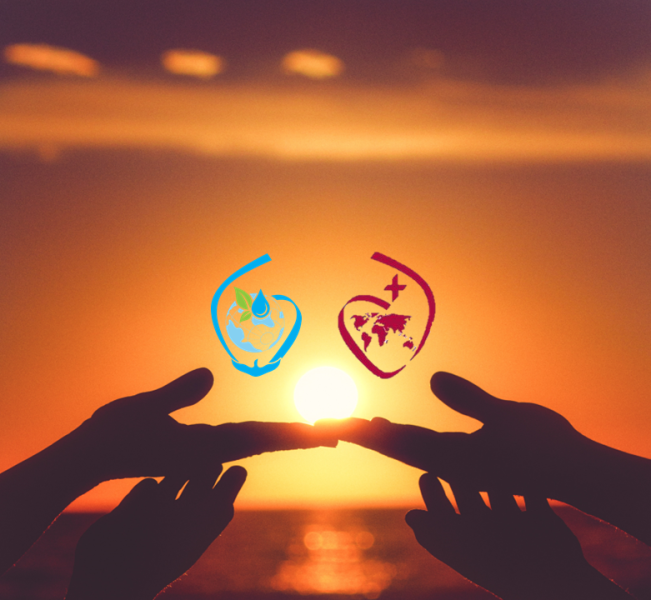
In an Address at the provincial assembly in July 2022, Marie-Paule Préat rscj speaks about the JPIC Commitment of the Religious of the Sacred Heart:
The acronym JPIC stands for: Justice, Peace and Integrity of Creation.
What is the origin of this acronym ? It can be traced back to the expression “the realm of justice and peace” that appears in the Bible as the realization of God's project of love for humanity. About 50 years ago, the dimension of “integrity of creation” was added to it following the awareness raising that the safeguarding of the creation is an integral part of this project of God.
The Religious of the Sacred Heart held a crucial international meeting about the issue; it became increasingly clear that this concern for the “Common Home”, for the future of the humanity, belongs to our charism and our mission. This meeting took place in November 2018 in the Philippines. Each province had an RSCJ representing them at it. We shared many realities of suffering and violence around the world, and yet it turned up to be an encounter full of joy, animated by hope that conveyed energy. The title of the document, that condense the awareness raising and the commitments that emerged during the meeting, tells all about this experience: Being artisans of Hope in our Blessed and Broken World.
Here follows a very brief presentation of the 4 points that mark out our commitment today:
1. Washing one another’s feet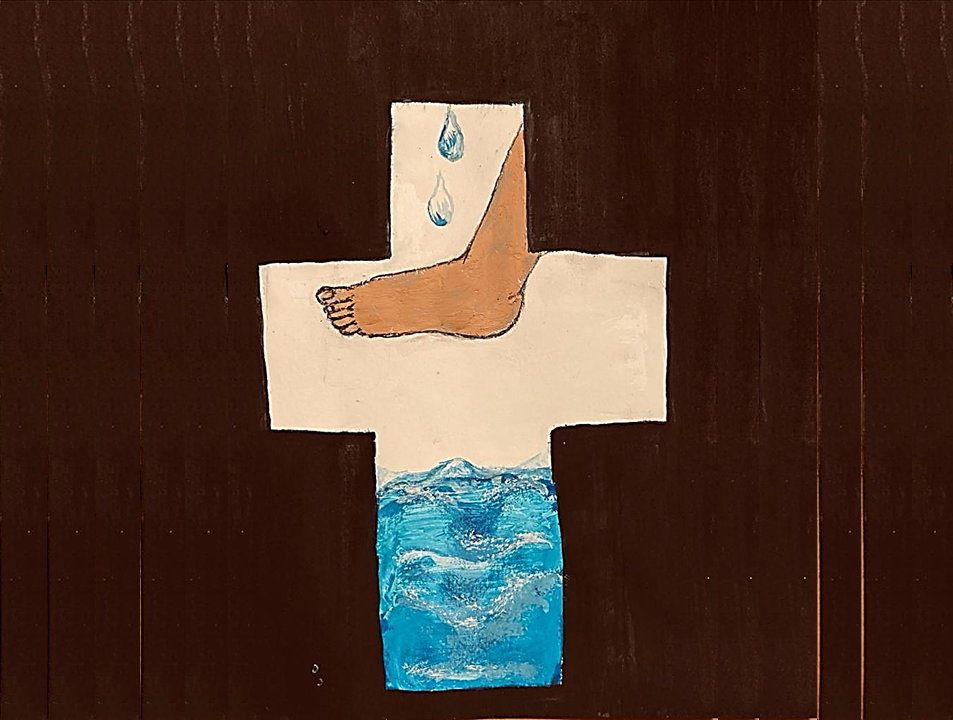
As we shared our experiences in our missions and the life of our people, we reached the following conclusion: at the root of any injustice, violence, conflicts lies the abuse of power. Be it at individual, social or international level, the desire to dominate the others and use them for one's own benefit harms relationships. We are all tempted to abuse our power. We are also complicit in unjust systems. We felt we had to work on it: move from a position of domination to a “lower” position, the position of Jesus when he kneels to wash the feet of his disciples. Following this gesture, he invited them to do the same. This call strongly moved us and the Sacred Heart family; it is an invitation to become aware of our abuse of power and to grow in humility.
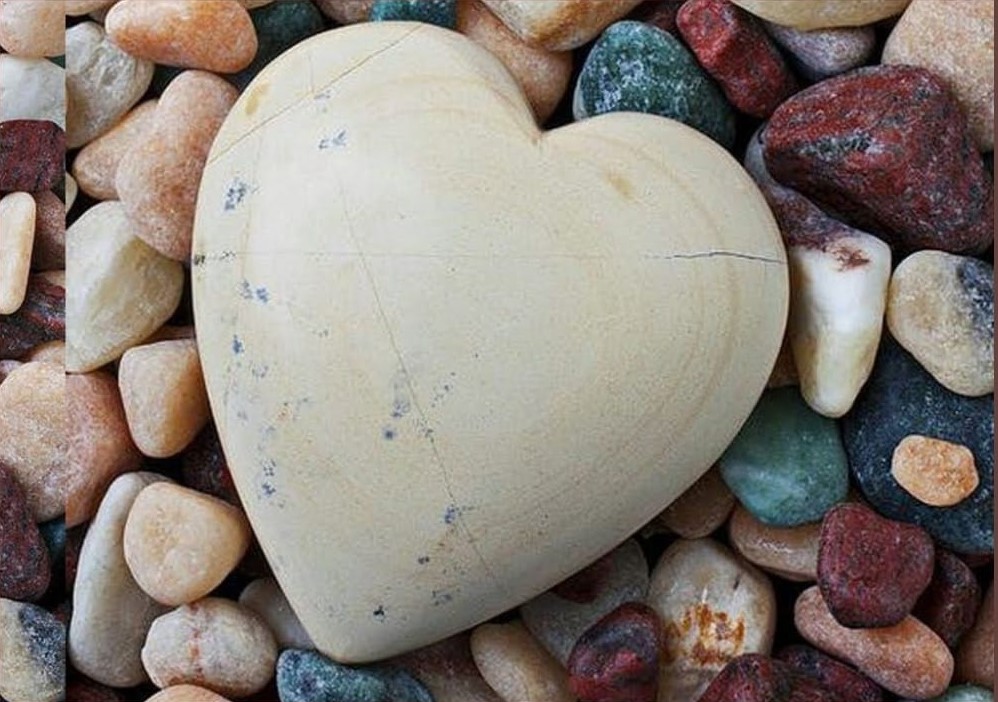 2. Transforming and being transformed
2. Transforming and being transformed
As to be part of the current transition, the first step is to let oneself be transformed. A proactive and militant battle runs the risk of dying out. The situation is such that the feeling of powerlessness can paralyze energies. It appeared that it was more fruitful to place trust in life, in this collective intelligence that emerges almost everywhere in critical situations. In faith, we also see the presence of the Holy Spirit in our lives and in the life of the world. The Holy Spirit transforms us and acts today within humanity. These are the sources of an active and creative hope. We are called to act locally while keeping the broad and global vision of a creation that gives birth.
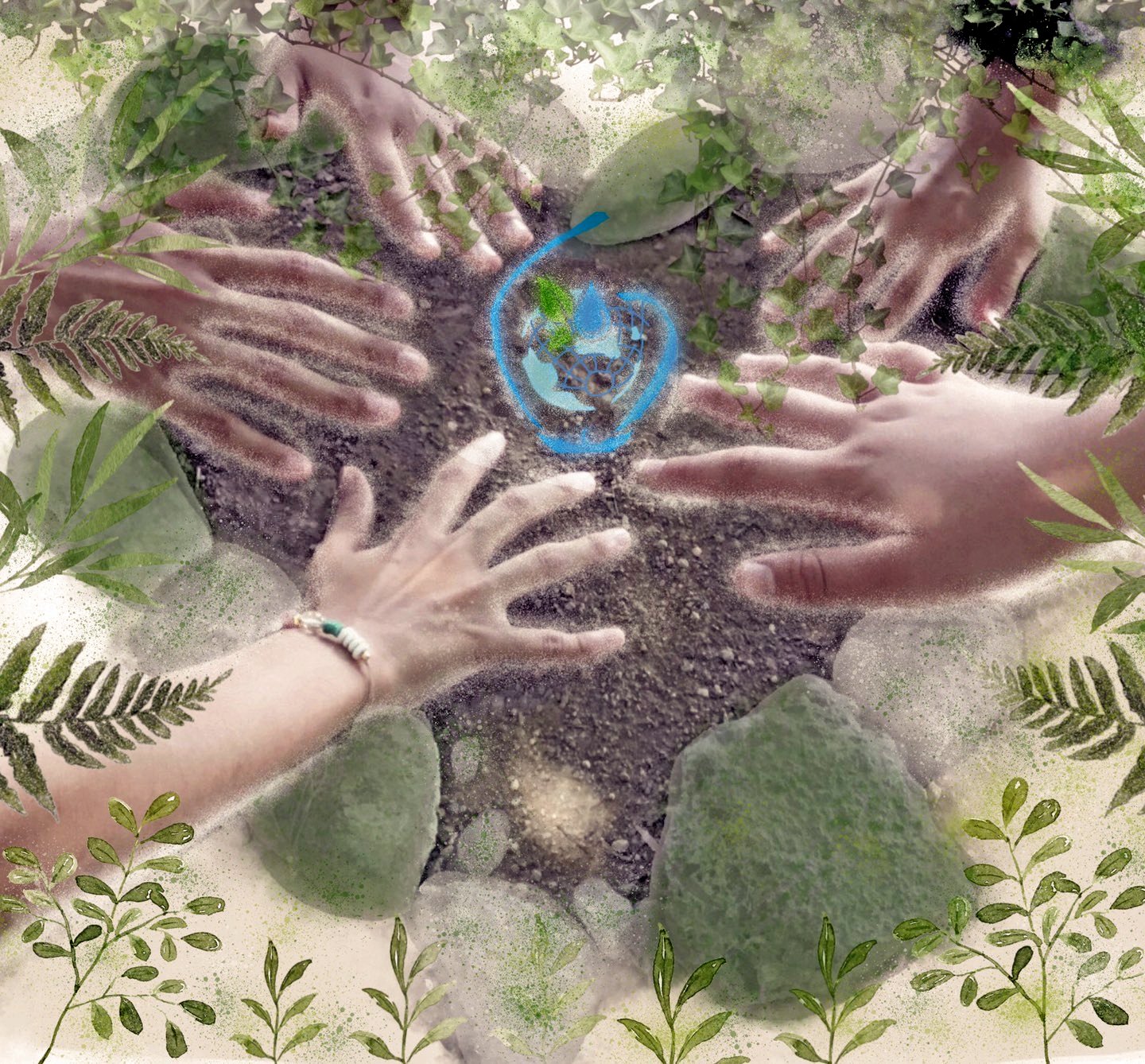
3. Caring for our Common Home
Under this expression, Pope Francis' encyclical Laudato Sì brings together the three dimensions of the common good. Everything is linked: without justice, peace is impossible. We are increasingly aware that the environmental crisis is also rooted in injustice and that the future of the planet threatens the survival of humanity. It all fits together. We, too, place ourselves in this search for integral ecology and systemic change. We want to connect with all those who are exploring new ways.
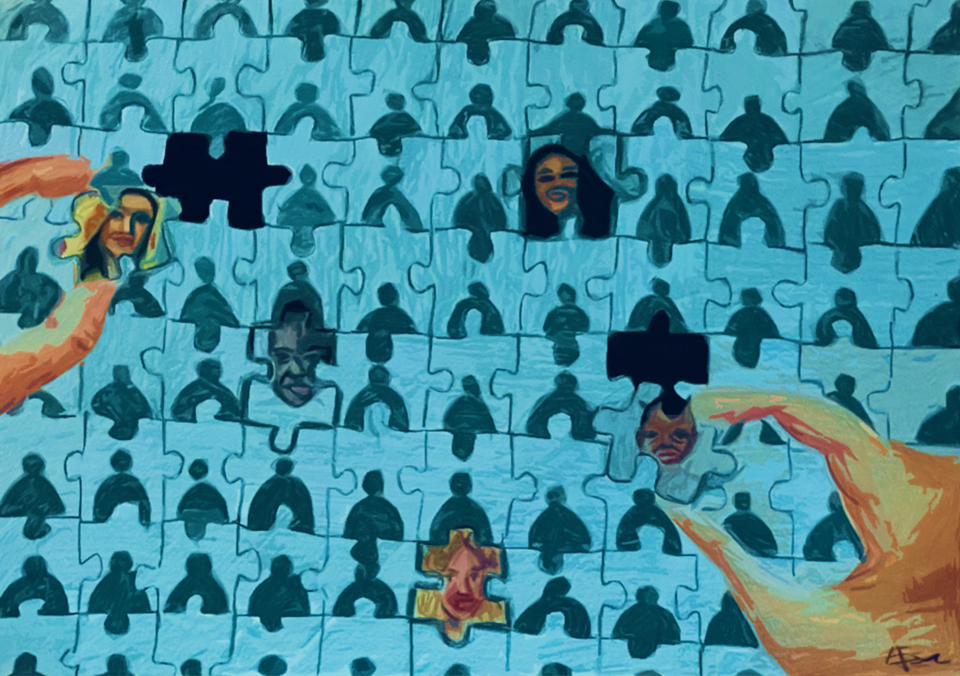
4. Welcoming People on the Move
Today, a concrete way to live the transition is to, especially, walk with those who are on the move. This means not only welcoming them and giving them opportunities for housing, education and work, but also to appreciate the cultural and human treasures they bring and together seeking how to build a more livable world for all. We can change the way we look at them and see them as pioneers in the search for a new humanity.
Caring for relationships is at the root of our spiritual and apostolic tradition. Today, we grow with the awareness that it has become urgent to care for inter-relationships, that is, everything that concerns our “living together”, the common good, the future of our planet and of all creation. Reweaving the bonds of peace and restoring the society of her time was already the concern of Saint Madeleine-Sophie! We are not inventing anything new. At the end of the 1789 French revolution, she was worried about the religious and social reality. For her, the work of education was a means of collaboration in reconstructing the social bonds.
How lucky we are to be part of this moment of planetary transition. There are enormous risks, but what a wonderful challenge it is to be among so many people and associations, “artisans of hope” weavers of bonds, passers of light… Our hope is that we are giving birth: there is pain and a new life that strives for seeing the light.
Marie-Paule Préat rscj